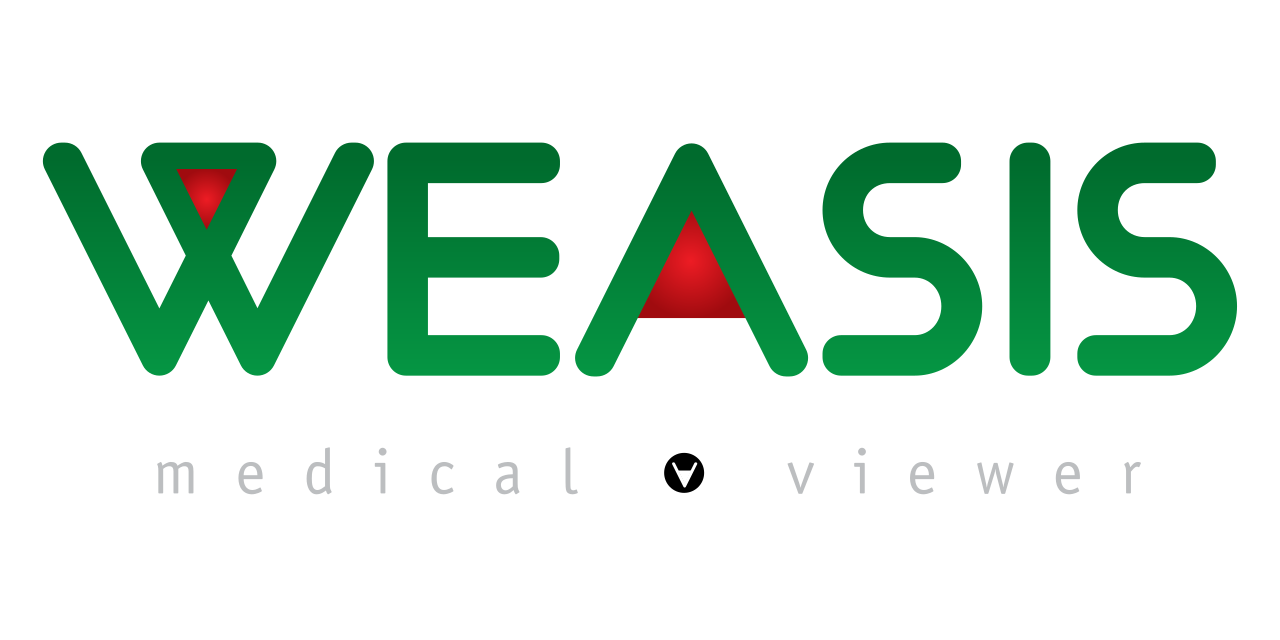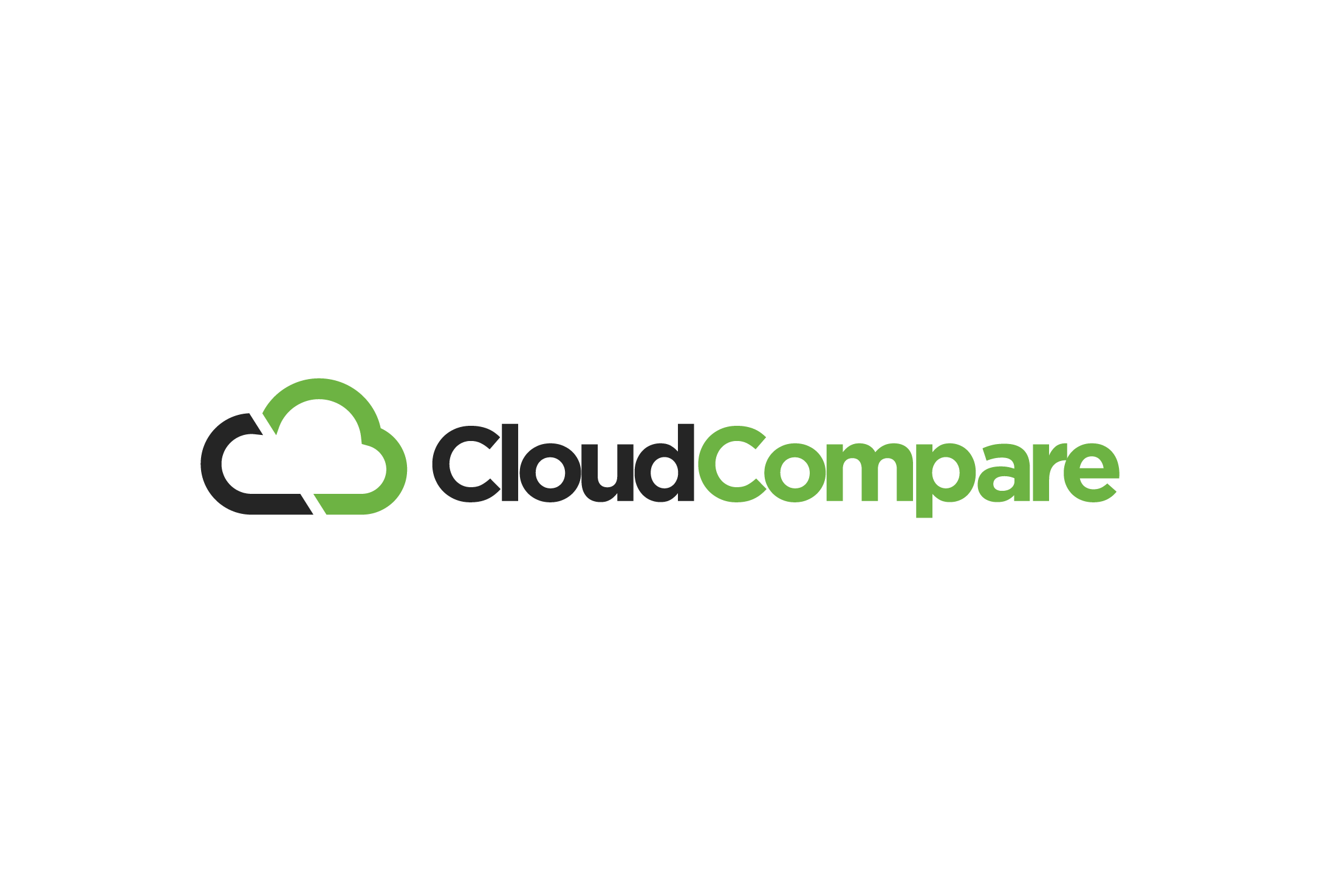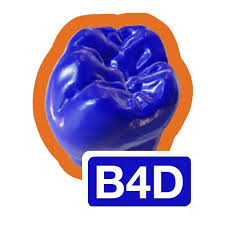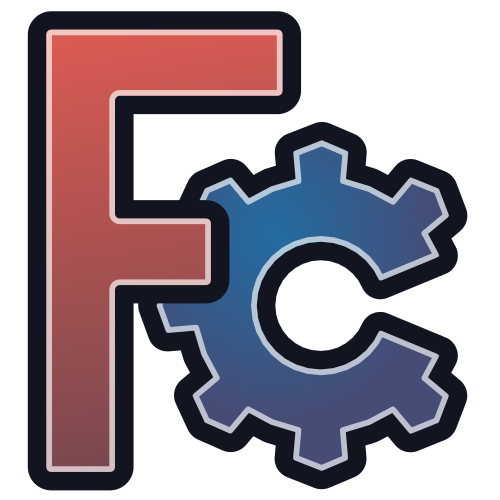Weasis DICOM Viewer
Weasis is an open-source DICOM viewer that has quietly become a standard tool in many hospitals, universities, and even dental clinics. Its main advantage is that it is not tied to a single vendor — it can open almost any DICOM study, connect directly to PACS servers, and run on different operating systems without license fees.
In dental IT environments, it often fills the gap when CBCT scans or panoramic images need to be viewed outside the proprietary software shipped with X-ray machines. For administrators, Weasis is a reliable backup option: it installs quickly, doesn’t demand special hardware, and gives staff a way to read scans across Windows, Linux, or macOS.
Core Characteristics
| Aspect | Details |
| Platform | Cross-platform (Windows, Linux, macOS; Java-based) |
| File formats | Full DICOM compliance; supports JPEG/TIFF for export |
| Features | 2D and 3D viewing, annotations, measurements, side-by-side series comparison |
| Interoperability | Connects to PACS via DICOM; supports IHE integration profiles |
| Security | Authentication and encryption depend on PACS configuration |
| Licensing | Open-source (LGPL) |
| Deployment model | Standalone desktop viewer or embedded into PACS/HIS |
Installation Guide
Check environment – Java Runtime Environment must be installed. Works across Windows, Linux, and macOS.
Download package – Latest versions are available from the Weasis community site.
Install and configure – Run the installer or unpack the archive depending on platform. For PACS integration, enter server and user parameters.
Testing – Load demo DICOM files to check rendering. Validate PACS connection if used in production.
How It’s Used
Hospitals often integrate Weasis directly into their PACS so that a click on a study launches the viewer immediately. In smaller dental clinics, it is frequently used to open CBCT exports on general workstations, avoiding the need for commercial licenses. Universities rely on it in teaching labs, where students need access to real imaging datasets with basic measurement tools.
Deployment Notes
– Requires up-to-date Java; both viewer and runtime should be patched regularly.
– Can be launched as a desktop client or via web start for remote access.
– Handles large imaging datasets reasonably well on modern hardware.
– Active open-source community provides documentation and updates.
Real-World Scenarios
– Referral case: A dentist sends a CBCT dataset to a specialist, who opens it in Weasis without needing vendor software.
– Training lab: Students practice reading radiographs and CT data using the same viewer deployed in hospitals.
– Clinical PACS: IT integrates Weasis so doctors can review imaging directly from within their HIS.
Limitations
– Interface feels technical and less polished than commercial viewers.
– Some advanced functions depend heavily on correct PACS setup.
– Performance is linked to Java tuning and available workstation resources.
– No dedicated vendor support — relies on community forums and documentation.
Quick Comparison
| Tool | Distinctive Strength | Best Fit |
| Weasis DICOM Viewer | Vendor-neutral, cross-platform, PACS-ready | Hospitals, universities, mixed environments |
| Planmeca Romexis Viewer Free | Optimized for Planmeca imaging | Clinics using Planmeca hardware |
| EasyDent Free Tools | Bundled with vendor X-ray units | Small clinics with EasyDent devices |
| RadiAnt DICOM Viewer (Trial) | Fast, commercial, user-friendly | Clinics wanting quick, paid option |











